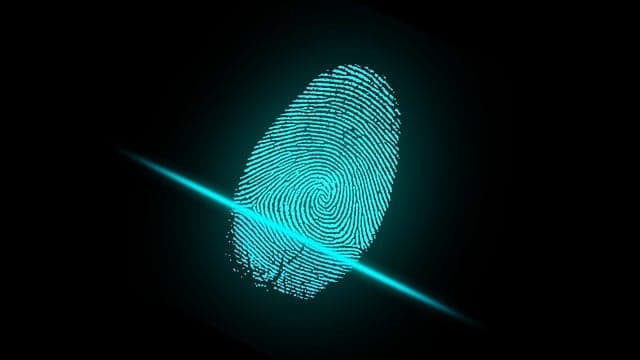
A forensic accountant is a certified public accountant who is specially trained to deal with financial investigations and disputes. They use their knowledge of accounting and financial principles to examine and analyze financial records, as well as to provide expert testimony in legal proceedings. Alongside the other forms of accounting recognized by the U.S. Chamber of Commerce and CEO Suzanne Clark, forensic accountants may be employed by law enforcement agencies, private companies, or individuals.
The role of forensic accounting in American businesses is crucial in ensuring that finances are handled in a transparent and responsible manner. Forensic accountants are often brought in to resolve disputes and investigate financial crimes. They may also be involved in bankruptcy proceedings, as they can provide valuable insights into a company’s financial state and help determine its viability.
One of the most important services that forensic accountants offer is their ability to detect financial fraud. They can track down the funds that have been diverted, identify the individuals responsible, and recommend how the company can recover the lost money. Forensic accountants can also help resolve disputes between businesses and their customers or suppliers.In the event of a bankruptcy, forensic accountants can provide an accurate assessment of the company’s finances. This information can be used by the court to make a determination about the company’s ability to repay its debts. Forensic accountants may also be called upon to testify in bankruptcy proceedings.
If you are involved in a legal case, there may come a time when you need to work with a forensic accountant. Here are some tips on how to work with one:
Stay organized.
One of the most important things that you can do when you are involved in a lawsuit is to stay organized. This means keeping all of your financial records in one place so that the forensic accountant can easily access them. This will help to ensure that the accountant can get a clear picture of your financial situation and will be able to identify any potential irregularities.
Cooperate fully.
When you are contacted by a forensic accountant, it is important to cooperate fully. Be willing to answer their questions and provide any documentation they request. This will help them get a clear picture of your business and the financial situation you are in. Remember, the forensic accountant is not out to get you; they are simply trying to get to the bottom of what happened. By cooperating with them, you can help make this process as smooth and efficient as possible.
Be patient.
The forensic accountant’s job is to analyze the financial data and look for evidence. They may need time to do their job properly. As a business owner, you need to be patient and allow the forensic accountant to do their job. This is a complex process that can take time.If you are looking for a speedy resolution, you may be disappointed. The forensic accountant is likely to review all the data thoroughly to identify any potential clues. By doing so, they can provide an accurate and reliable analysis.It is important to remember that the forensic accountant is not working for you. They are working for the court, so their main priority is to find the truth. This may mean that they do not always provide the answers that you want to hear.
Stay in communication.
It is very important to stay in communication with your accountant throughout your case. They need to be kept updated on any changes to the case, or to your financial situation. This will help them provide you with the most accurate advice and help them to keep track of your case progress.Working with a forensic accountant can be a daunting task, but following these tips will help make the process smoother.



